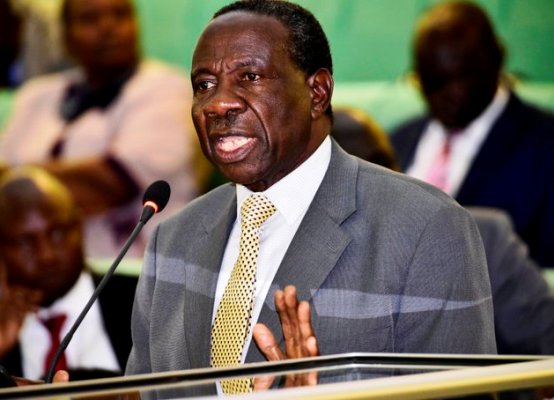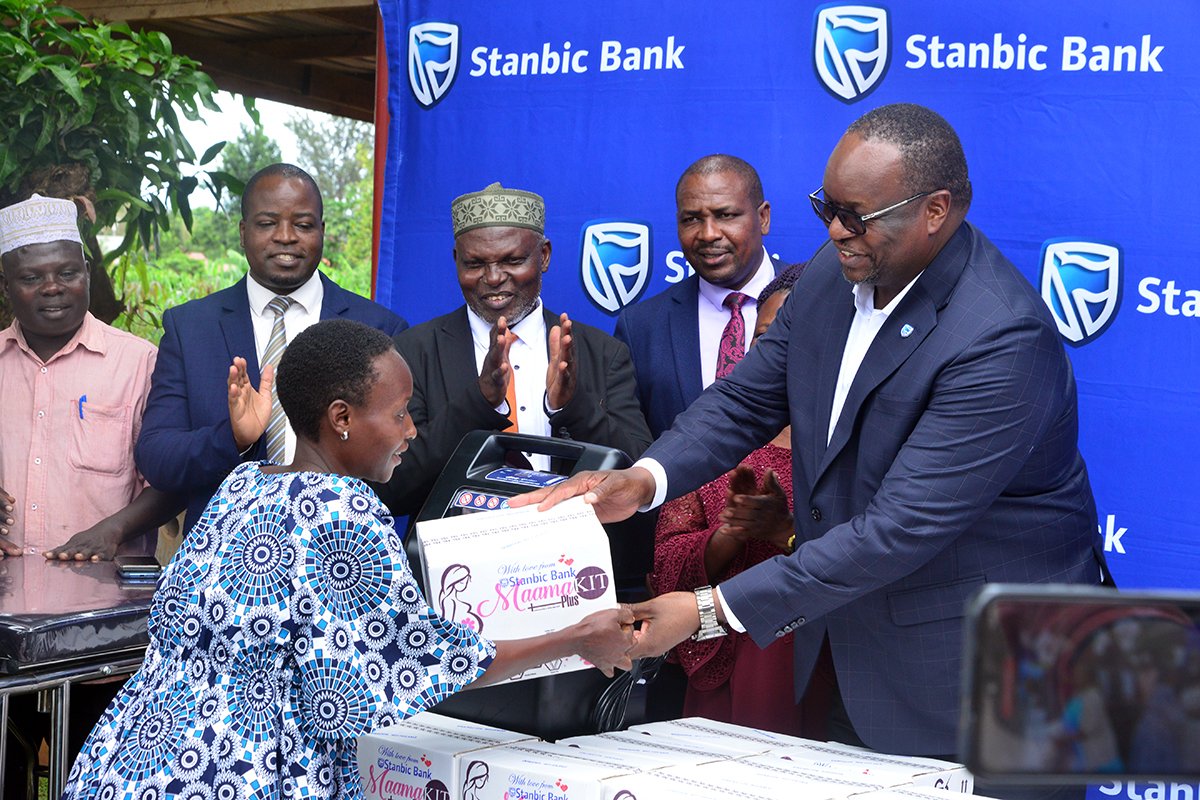The International Monitory Fund (IMF) executive board Wednesday approved US$491.5 million (about Shs1.9 trillion), under the Rapid Credit Facility, to help Uganda address the economic impact of the COVID-19 pandemic.
Mr Tao Zhang, the IMF deputy managing director and Acting chair said the global COVID-19 pandemic is expected to severely hit the Ugandan economy through several channels, with detrimental effects on economic activity and social indicators.
“The external and fiscal accounts are expected to deteriorate, creating substantial urgent external and fiscal financing needs…A temporary widening of the fiscal deficit is warranted in the short term to allow for the implementation of the response plan. Despite a temporary worsening of debt indicators and heightened vulnerabilities, public debt is expected to remain sustainable. The authorities remain committed to ensuring debt sustainability, including through their efforts to enhance revenue collection and strengthen public investment management,” he said.
He observed that the Ugandan authorities are committed to managing transparently the resources received and will strengthen transparency and accountability.
“They plan to report separately on the use of the funds, undertake and publish an independent audit of crisis-mitigation spending and publish large procurement contracts,” he added.
According to him, the IMF’s emergency financial support under the Rapid Credit Facility, along with the additional donor financing it is expected to help catalyze, will help address Uganda’s urgent balance of payments and budget support needs.
Justifying the loan application, Finance Minister Matia Kasaija recently told Parliament that the industry and services sector are being affected by the disease.
“This is leading to disruption of supplies and loss of jobs,” Mr Kasaija said.
The minister said due to shocks the economy has suffered, the country has revised its growth rate from 6.0% to between 5.2 and 5.7%.
This is the second revision of the economic growth rate from the initial projection of 6.2 per cent contained in the Budget forecasts for 2019/2020. The exchange rate of the dollar to a shilling stood at Shs3,800 by yesterday.
In a statement about the economic implications of the pandemic presented last month, the minister said about 780,000 people would be pushed into poverty in the short run while as many as 2,600,000 risked the same fate in the long run.
Mr Kasaija said the loan requirement is premised on the fact that “there will be an additional shortfall in revenue collections of between Shs82.4b and Shs288.3b for the remaining period of the current 2019/2020 financial year and between Shs187.6b and Shs350b in the 2020/21 depending on the severity of Covid 19.”
So far, the pandemic has paralysed the tourism sector, the country’s leading foreign exchange earner, through global travel restrictions.
Additional Reporting: Monitor

















